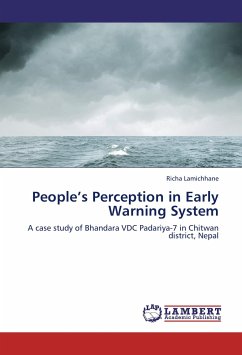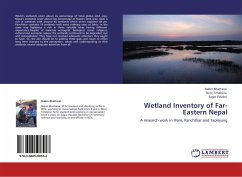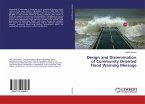The current climate change scenario and various studies in the past related to climate change has shown that flood frequency has increased, leaving people in the flood plains more vulnerable. The main objective of the paper was to understand the perception of the particular community towards the prevailing Early Warning System and their response mechanism during the flood. No proper warning dissemination techniques were found during the study. Moreover villagers have no regular drills even though the project was in the implementation phase. Rather than using the Early Warning facility, people living in the river banks were found to be using the traditional knowledge for forecasting of the flood. The problem of vulnerability is more acute for the disabled, old age, ill people and lactating mother who have less mobility. Thus the study suggest to address the challenges in the early warning facility for the community with the help of study at micro level and making plans policies and programme of improvement of the system with more lead time of forecast and proper dissemination techniques for the sufferer of the flood in the river basin of Rapti
Bitte wählen Sie Ihr Anliegen aus.
Rechnungen
Retourenschein anfordern
Bestellstatus
Storno








